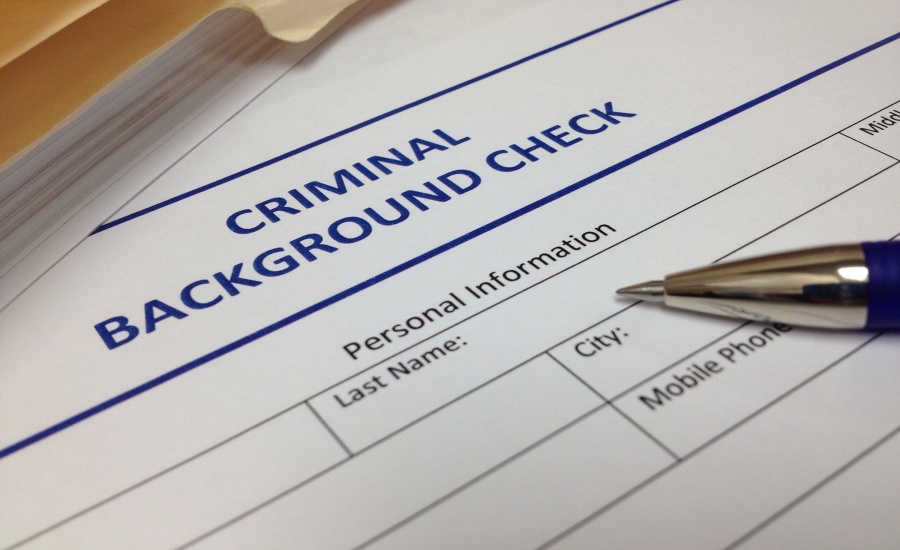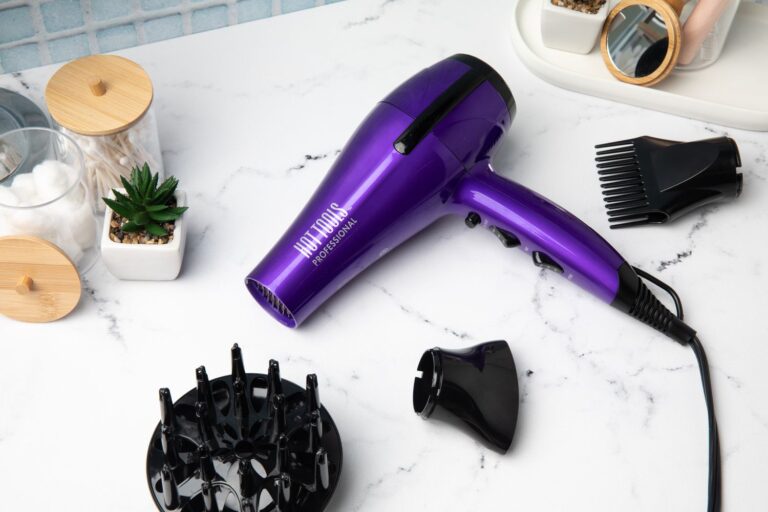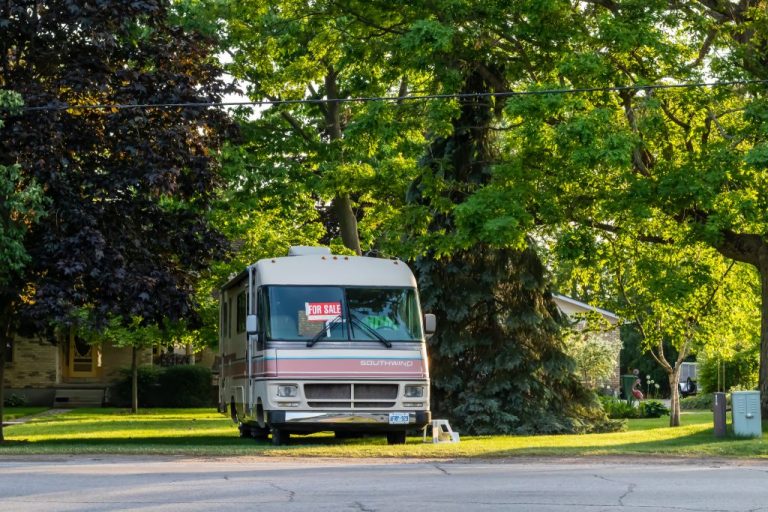What Happens if You Fail a Gun Background Check?
Purchasing a firearm is a right held dearly by many. But with rights come responsibilities, including passing mandatory background checks. These screenings aim to keep guns away from dangerous hands. So what happens if you fail?
The process seems simple enough. Hand the licensed gun dealer your ID. Fill out federal Form 4473. Then wait as your info gets run through the National Instant Criminal Background Check System (NICS). Over 90% sail through without issue. But for some, that “Denied” sparks confusion and panic.
Before freaking out, know that one denial doesn’t mean a lifetime firearm ban. However, failing does stall the purchase and could bring legal penalties. Let’s break down the system, explain the reasons for denial, and discuss the steps afterward.
How Federal Background Checks Work
The 1993 Brady Handgun Violence Prevention Act launched today’s background check framework, which is handled by the FBI. When buying from licensed firearm dealers, buyers must pass an instant records search under the National Instant Criminal Background Check System (NICS).
Here’s the typical process:
- Buyer completes Form 4473 with personal info and firearm details.
- Seller contacts FBI’s NICS online or by phone for background check.
- If approved, the sale proceeds.
- If denied or delayed, no sale until the issue clears or the system eventually approves.
The search comes through databases like the Interstate Identification Index, National Crime Information Center, and NICS Indices. The goal is blocking sales to those federally prohibited from possessing firearms.
Who doesn’t pass? Mainly:
- Felons
- Fugitives
- Domestic abusers
- Unlawful users of controlled substances
- Undocumented immigrants
- Those deemed mentally unfit
- Dishonorably discharged vets
If a background turns up questionable, examiners investigate further across federal and state records.
Delays happen when information is missing or unclear. But by law, checks that get stuck longer than 3 business days “default proceed.” The sale can legally go through without a definite pass or fail unless state law says otherwise.
When NICS Denies A Firearm Purchase
Out of the over 39 million annual NICS checks, under 1% result in denials. Many denials involve clerical errors that get sorted on appeal. But sometimes the denial sticks due to an applicant’s status as a prohibited purchaser per state or federal statutes.
A denial means just that — no gun for you, at least for now. The FBI statistics show that nearly half of all 2019 denials resulted from felony indictment or conviction. Other top denial reasons included domestic violence, state law prohibition, and controlled substance abuse.
If you get that denied stamp, the agent must provide the reason. Most hear it on the spot when the licensed dealer gets the call. But specifics also arrive by mail. These details become crucial for appeals.
While denial stops the gun purchase, it also trips two immediate responses:
1. The dealer must freeze the transaction.
By law, they cannot sell or transfer you any guns during an active denial — not even ammunition.
2. The FBI alerts local law enforcement.
In over 99% of denials, the Bureau tips off police that a prohibited person just failed a background check. That way, if officers spot you with guns anyway, they can investigate potential violations.
But a first denial doesn’t always lead to arrest or charges. Much depends on state laws and why you got denied.
In many cases, the Bureau refers denied buyers to ATF field offices for firearm retrieval. Agents then investigate if any public safety threats exist. If serious concerns arise, they may involve local law enforcement.
Sometimes, denials happen because of mistaken identity or incomplete records. The appeals process addresses these scenarios. However, for rightful prohibitions, denial and failed background checks solidified the ban.
Appealing NICS Denials
Don’t panic about appeals. If you feel wrongly deemed ineligible, two paths exist to appeal — ask for federal review or apply to the NICS Voluntary Appeal File (VAF).
Federal Firearm Review Challenges
All denied buyers have the right to formally appeal to the FBI or State Point of Contact agency overseeing their NICS checks. The written request should:
- Note you’re appealing a denial decision
- Include the NICS Transaction Number (NTN)
- Provide valid contact and identification info
You’ll then receive specifics on why the denial occurred. If any database inaccuracies or mistaken identity issues marred the search, submit evidence to support your eligibility.
The Voluntary Appeal File
The VAF works like a “no-fly list” for guns. This program lets frequently denied buyers register in an Identity Verification File. Once vetted, members get a Unique Personal ID Number (UPIN) connecting their identity to background check clearance.
Appealing through the VAF involves extra steps like fingerprinting. But it helps speed future purchases if checks keep stalling over false matches. Joining also alerts the FBI to tweak your file data for better identification.
No matter the path, understand that appeals focus solely on correcting mistaken denials. They don’t override warranted state or federal bans on possessing guns. The adverse action must clearly stem from misidentification or outdated records.
If appeals fail or don’t apply, don’t try acquiring guns through other means. That attempt gets handled as a punishable offense.
Penalties For Failed Background Checks
Attempting an illegal gun purchase brings maximum penalties of 10 years in prison and $250k fines under the Gun Control Act. Charges escalate for those with violent criminal pasts, reaching 15 years and $500k fines.
But not everyone failing a check gets indicted. Much depends on the reason behind denial. For example, many one-off denials for mental health episodes don’t prompt arrests.
Yet cases involving falsified records, revoked gun rights, or a history of violence often ride straight to prosecution. Local police departments work closely with ATF to catch repeat denial offenders too.
Some high-penalty scenarios include:
- Felons or domestic abusers caught trying to buy firearms illegally.
- Fugitives with active warrants attempting purchases.
- Those federally banned for mental incompetence or substance abuse.
- Providing false information like bogus Social Security Numbers.
- Using fake identification to bypass the NICS check.
One shocking study by the advocacy group Everytown showed how scary denial gaps can be. Their research indicated over 50,000 prohibited purchasers still completed gun sales between 2008 to 2017. All despite flunking background checks.
The good news? NICS now logs over 99% of blocked denials into databases. So, if violators get caught possessing weapons anyway, the prior screening proof aids prosecution.
While denial appeals offer hope, focusing too much on “right to own” mindsets can spell legal disaster. If you face warrant issues, pending felonies, or other blocks, talk with a qualified gun crime lawyer first about restoring gun ownership rights.
Why Legal Guidance Matters After Failing
One denial can happen to anyone wrongly linked to records that prohibit gun access. But appeals don’t work for rightful bans tied to statuses like:
- Felony convictions
- Current protective orders
- Undocumented citizenship
Regaining Second Amendment rights requires overturning the underlying disqualifier through proper state and federal protocols. That’s not DIY territory.
This means consulting professionals to assess paths forward. An attorney well-versed in restoration processes can carefully guide qualified individuals through requisite steps. Having an advocate who understands gun laws and the appeals system also brings practical insights on avoiding prosecution.
So if you find yourself staring down an upheld denial, stay calm and don’t go it alone. Just focus on contacting qualified counsel to explore your next best steps. They can help ensure you avoid legal penalties while responsibly pursuing firearm ownership rights.
Finding the Right Legal Partner
When confusion or obstacles block gun access, strong legal guidance changes everything. So, if you face denial disputes or want to regain proper paths toward lawful ownership, contact Whalen Law Office today.
With nearly 40 years of combined experience, Whalen Law Office attorney have leveraged extensive experience with local processes to clear records, restore statuses disrupted by past issues, and legally regain firearm rights. And they offer reasonable fees as your trusted partner.
While a first denial can happen to anyone, don’t overlook real prohibitions. If you face warrants, pending charges, or other blocks, act now to get clear guidance tailored to your situation. Whalen Law Office stands ready to help you avoid risks and resolve denial disputes legally and responsibly. Reach out today to start moving forward properly at (214) 368-2560.
Stay in touch to get more updates & news on Discover Tribune!






